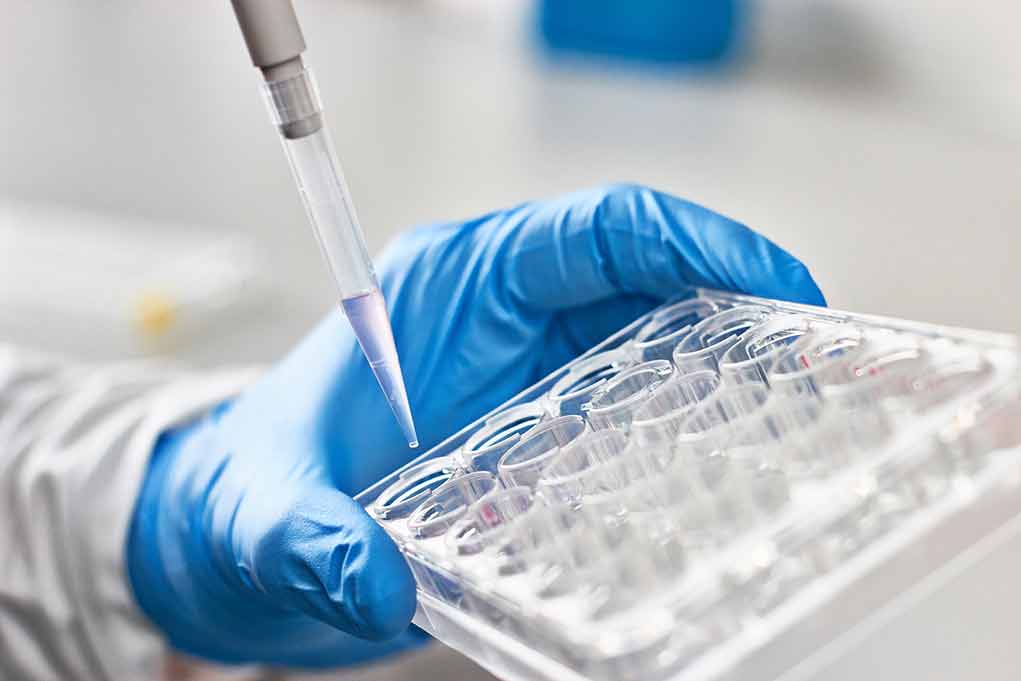
Biotech giant Regeneron just bought up the genetic data of millions of Americans for a bargain-basement price of $256 million, raising alarm bells about who truly owns your DNA in the digital age.
Key Takeaways
- Regeneron Pharmaceuticals has acquired bankrupt 23andMe for $256 million, gaining access to the genetic data of millions of customers
- The deal comes after 23andMe’s value plummeted from $6 billion to just $50 million following a major data breach and financial troubles
- Customers can still delete their data and withdraw research consent through their 23andMe accounts before the deal closes in Q3 2025
- An independent Customer Privacy Ombudsman will review the transaction’s implications for consumer privacy, with a report due by June 10
- Co-founder Anne Wojcicki has stepped down as CEO amid boardroom conflicts, marking a dramatic fall for the once-pioneering genetics company
Corporate Acquisition of America’s DNA Database Raises Privacy Concerns
In a move that has sparked serious privacy concerns among conservatives and civil liberties advocates alike, pharmaceutical giant Regeneron has won a bankruptcy auction to acquire 23andMe for $256 million. The deal gives Regeneron control over one of the world’s largest private genetic databases, containing DNA information from millions of Americans who originally submitted samples to learn about their ancestry and health predispositions. This acquisition represents a dramatic decline for 23andMe, which was once valued at over $6 billion but has since faced multiple crises including a massive data breach that compromised customer information.
The transaction, expected to close in the third quarter of 2025 pending regulatory and bankruptcy court approvals, includes 23andMe’s Personal Genome Service, Total Health and Research Services, Biobank, and associated assets. Notably, the deal does not include the company’s Lemonaid Health business. While Regeneron has pledged to maintain the consumer genetics business and honor existing privacy policies, many customers are left wondering if their genetic data will be used in ways they never anticipated when they first mailed in their DNA samples.
From Silicon Valley Darling to Fire Sale: The Fall of 23andMe
The collapse of 23andMe represents a cautionary tale about the risks of entrusting personal genetic information to private companies. After riding high as a Silicon Valley unicorn and going public in 2021, the company’s fortunes quickly reversed. A devastating data breach in 2023 led to a $30 million settlement, while operational costs continued to climb and revenues faltered. The final blow came with the company’s bankruptcy filing and the departure of co-founder Anne Wojcicki as CEO amid boardroom disputes, marking the end of an era for the pioneering genetics company.
“Given Regeneron’s track record, we also believe 23andMe customers are in good hands from a privacy perspective,” said Bernstein analyst William Pickering.
Despite these reassurances from analysts, California Attorney General Rob Bonta has advised 23andMe customers to delete their data from the company’s database following the bankruptcy announcement. This recommendation underscores the growing concern among government officials about the security of personal genetic information when companies change hands. The court will consider final approval of the transaction on June 17, after an independent overseer assesses the implications for consumer privacy in a report due by June 10.
What This Means for Your DNA Data and Consumer Rights
For the millions of Americans who have shared their genetic information with 23andMe, this acquisition raises profound questions about ownership and control of some of the most personal data possible – your genetic makeup. Regeneron has attempted to assuage concerns by appointing a Customer Privacy Ombudsman and pledging to maintain existing privacy policies. However, the transition of such sensitive data to a pharmaceutical company whose primary business is drug development has many questioning what new uses might be found for this genetic information.
“We assure 23andMe customers that we are committed to protecting the 23andMe dataset with our high standards of data privacy, security and ethical oversight and will advance its full potential to improve human health,” said Aris Baras.
Customers concerned about the fate of their genetic information should be aware that they still have the right to delete their data and withdraw consent for research through their 23andMe account settings. However, this must be done before the acquisition is finalized. For President Trump’s supporters and conservatives who value privacy and personal liberty, this case represents a troubling example of how private information can be bought and sold through corporate transactions with limited consumer recourse, highlighting the growing need for stronger data protection laws in America.




